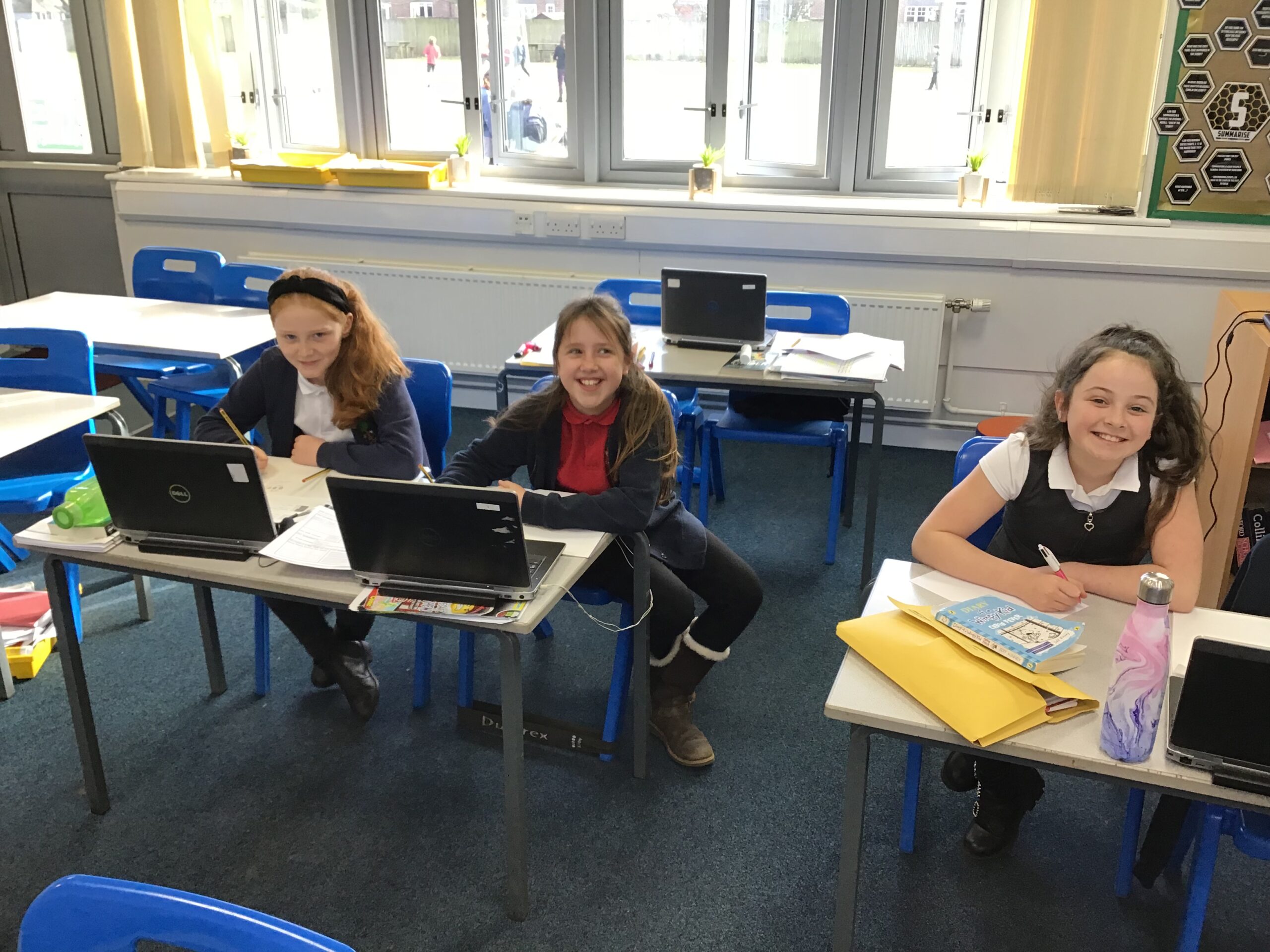Where a class, group or small number of pupils need to self-isolate, or there are national or local restrictions requiring pupils to remain at home, we have the capacity to offer immediate remote education.
Our contingency strategy:
- is based around our Imaginative Learning Projects (ILP’s). We teach the same curriculum remotely as we do in school wherever possible and appropriate. However, we may need to make some adaptations in some subjects.
- gives access to high quality remote education resources (e.g. Education City, Spelling Shed, Times Table Rockstars).
- makes use of online tools (including Microsoft Teams) that will be consistently used across the school in order to allow interaction, assessment and feedback.
- enables us to provide printed resources, such as textbooks and workbooks, for pupils who do not have suitable online access.
- enables us to loan laptops to children who have limited access at home.
- recognises that younger pupils and some pupils with SEND may not be able to access remote education without adult support therefore we will work with families to deliver an ambitious curriculum.
- delivers a well-sequenced curriculum so that knowledge and skills are built incrementally, with a good level of clarity about what is intended to be taught and practised in each subject mirroring the learning on site.
- gauges how well pupils are progressing through the curriculum, using questions and other diagnostic tools through the various learning platforms we have invested in.
- enables teachers to adjust the pace or difficulty of what is being taught in response to questions or assessments.
When planning our remote learning strategy, we have considered these expectations in relation to the pupils’ age, stage of development or special educational needs. We expect that remote education (including remote teaching and independent work) will take pupils broadly the following number of hours each day,
Key Stage 1: 3 hours a day on average across the cohort, with less for younger children
Key Stage 2: 4 hours a day
We have also added details of further websites that parents and children might find helpful on the Learning Zone and Support for Parents sections. Details of current ILP’s are on the Year Group pages.

